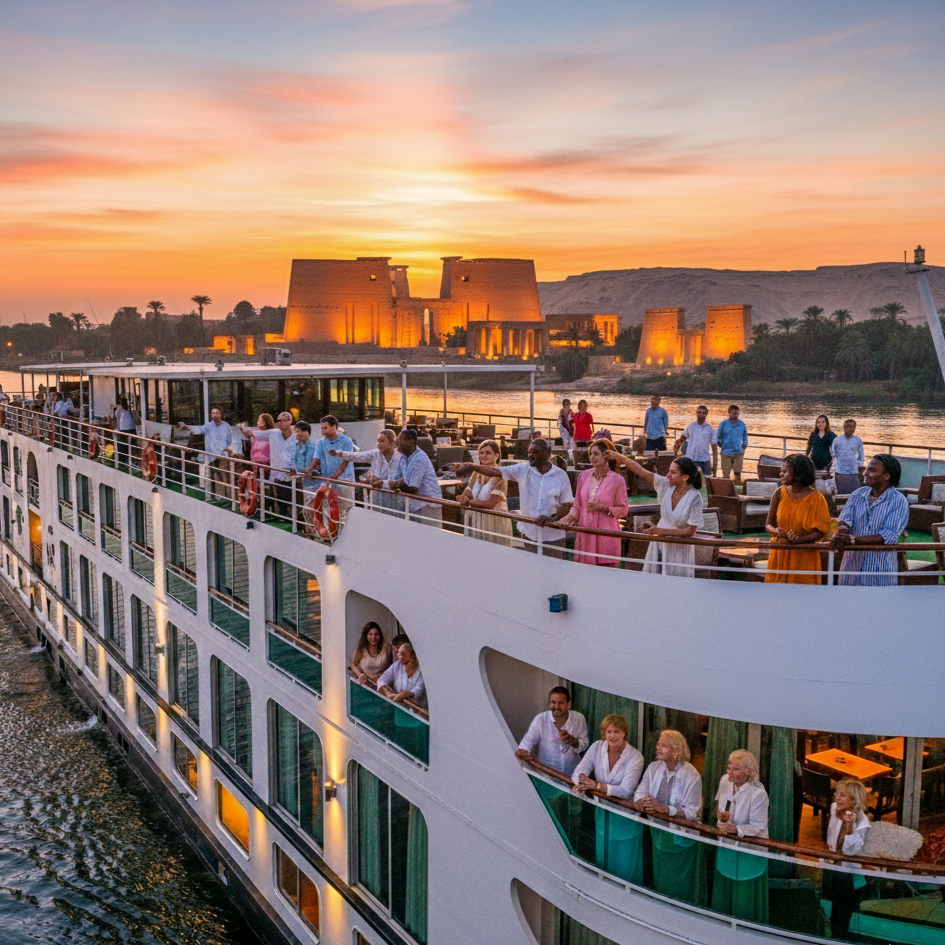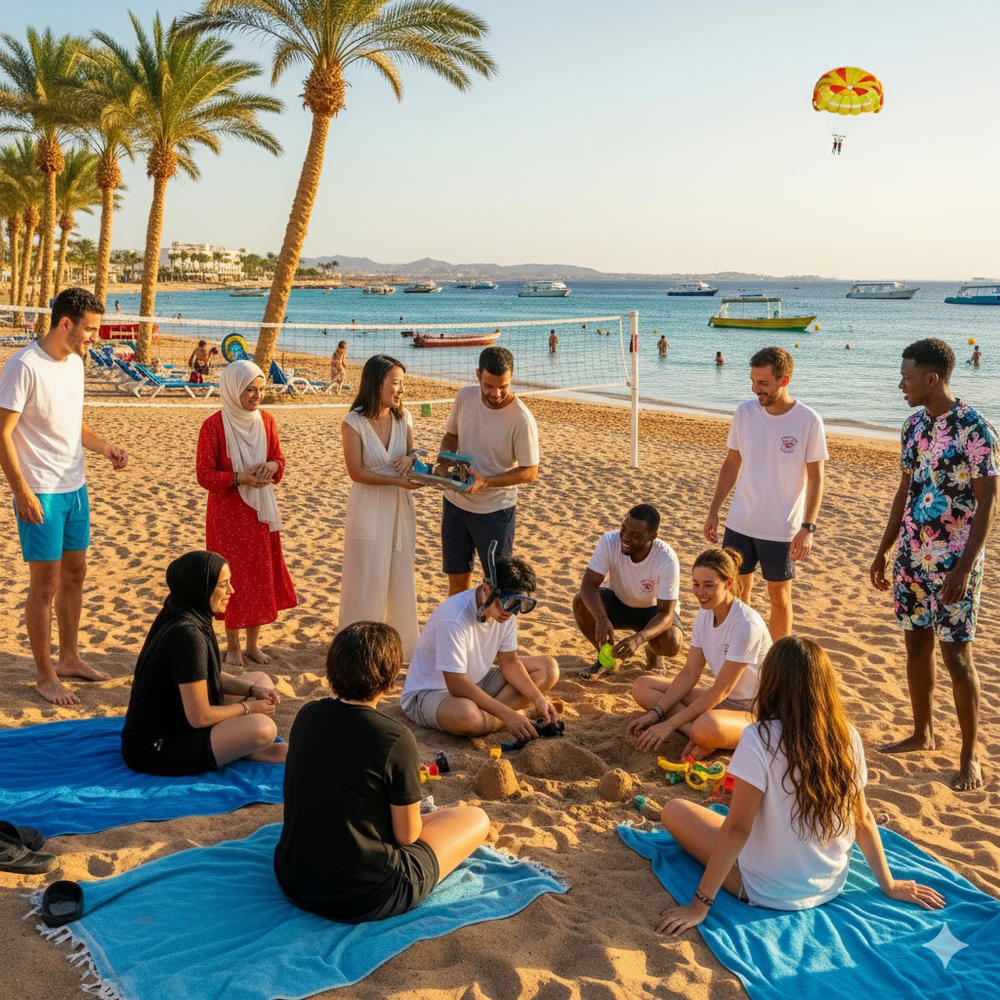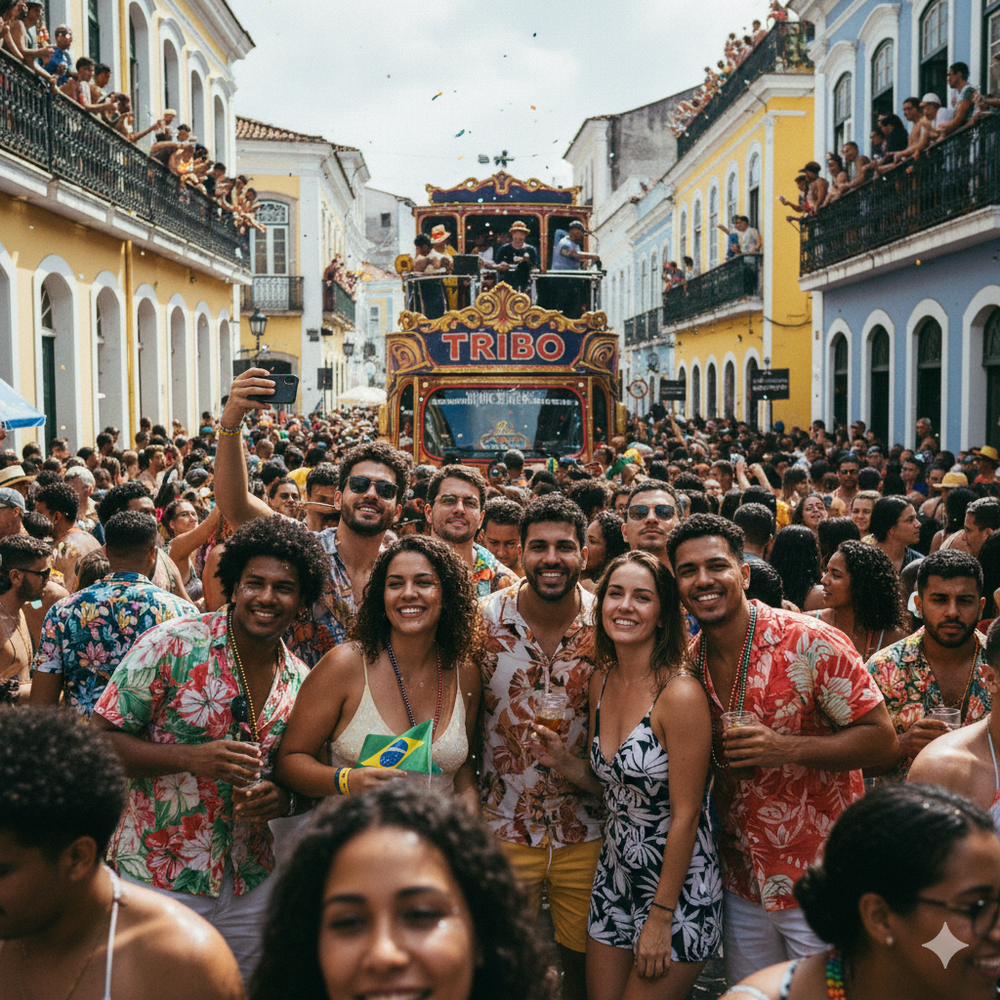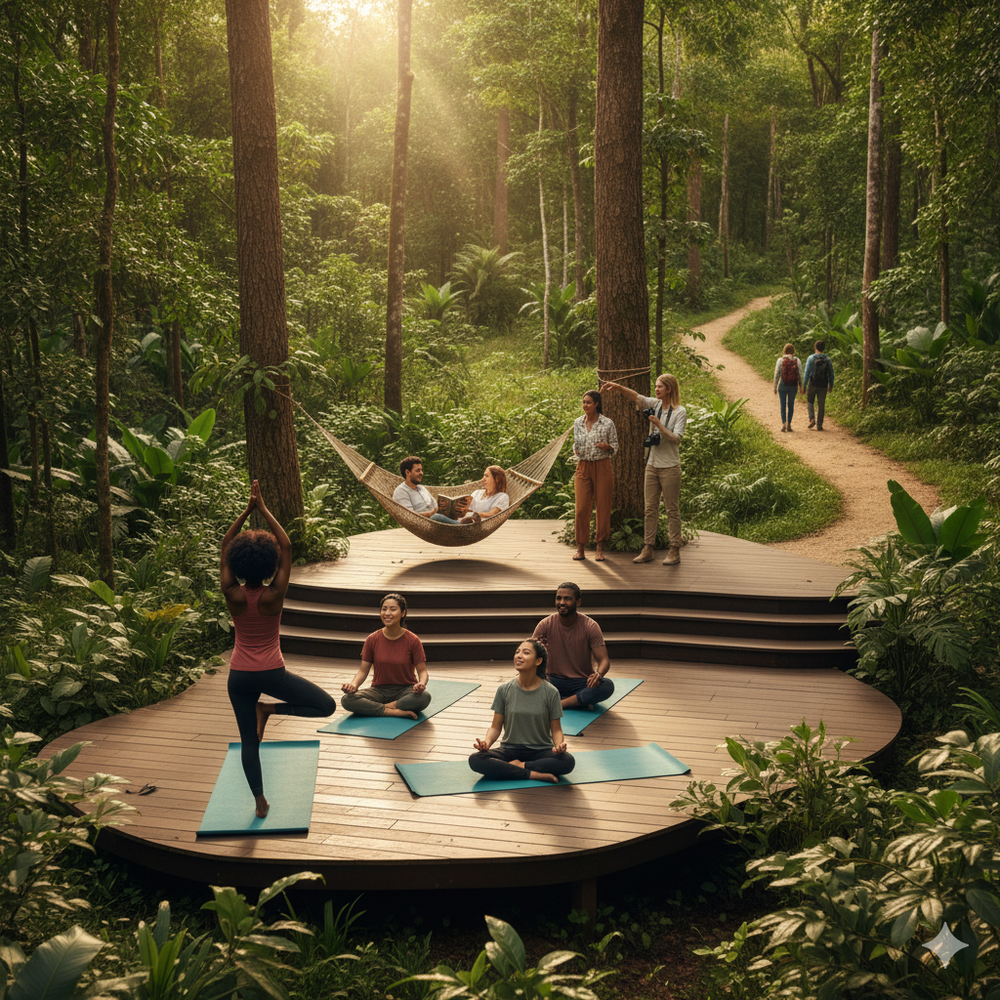The Red Sea at Sharm-El-Sheikh
Join us for 7 days of Egyptian-styled leisure beginning with the Great Pyramid and Sphinx at Giza!
$1,550 PER PERSON (DBL OCCUPANCY)
$2,150 PER PERSON (SGL OCCUPANCY)
Activity Level: Moderate | Accommodation Level: Standard - Deluxe
Some meals are included as indicated below.
International arrival and departure flights are not included.
Start Point: Cairo International Airport (CAI) Cairo, EG | Ending Point: Cairo International Airport (CAI) Cairo, EG
FAQs
-
Accommodation details, ranging from standard to deluxe, will be shared 30 days before departure.
-
Sure! Simply select “pay amount due” when booking.
-
Egypt's weather varies across regions. Generally, it's hot and dry with very little rainfall.
Summers (June to August) are scorching, especially in southern areas like Luxor and Aswan, often exceeding 40°C (104°F).
Coastal areas like Alexandria and Hurghada are milder but still warm. Winters (December to February) are more comfortable, with temperatures ranging from 20-25°C (68-77°F) during the day, dropping at night.
Spring (March to May) and autumn (September to November) offer pleasant temperatures for exploring historical sites and enjoying outdoor activities.
It’s always a good idea to check local forecasts for the most accurate information.
-
All scheduled activities are optional should you decide to sit them out. Traveler's are free to take as much, or as little, time as they please away from the group and/or itinerary.
You are free to explore Egypt on your own terms, at your own pace, and at your own risk.
However, should you decide to venture off, keep in mind that it will be your responsibility to be in place for any major movements at the designated times.
-
Of course!
-
Yes, as an American citizen, you'll need a visa to visit Egypt.
You can obtain a tourist visa upon arrival at Cairo International Airport or other airports in Egypt.
Alternatively, you can apply for an e-Visa before your trip through the official Egyptian e-Visa portal.
Ensure your passport is valid for at least six months beyond your planned stay, and check with the Egyptian embassy or consulate for the most up-to-date visa requirements.
-
Egypt is generally considered safe for tourists, with millions visiting each year.
However, like any destination, it's essential to stay informed about current events and exercise caution, particularly in crowded areas and tourist sites.
Some regions, such as the Sinai Peninsula, may have specific security concerns, so it's advisable to check travel advisories from your government before planning your trip.
Additionally, following local laws and customs and staying aware of your surroundings can contribute to a safe and enjoyable visit to Egypt.
-
Double occupancy and single occupancy are terms commonly used in the hospitality industry, particularly in hotels and accommodations, to describe the number of guests staying in a room.
Double Occupancy:
>Double occupancy refers to a lodging arrangement where two people occupy the same room or accommodation.
>Typically, double occupancy rates are based on the assumption that two adults will be sharing the room.
>The room is equipped with amenities and facilities to accommodate two guests comfortably, such as two beds (e.g., two twin beds or one double/queen/king bed), enough towels and toiletries for two people, and space for two people's belongings.
>The cost of the room is often quoted on a per-night basis for two guests.
Single Occupancy:
>Single occupancy, on the other hand, refers to a lodging arrangement where only one person occupies a room or accommodation.
>In single occupancy rooms, there is typically only one bed provided, and the room is designed to accommodate one guest.
>Although designed for one person, single occupancy rooms often come with the same amenities and facilities as double occupancy rooms, such as a private bathroom, television, and workspace.
>The cost of a single occupancy room is usually less than that of a double occupancy room, reflecting the fact that fewer amenities are being used and only one person is staying.
In summary, double occupancy means two guests sharing one room, while single occupancy means one guest occupying a room alone. Hotels and other lodging establishments often offer both options to accommodate the needs and preferences of their guests.











